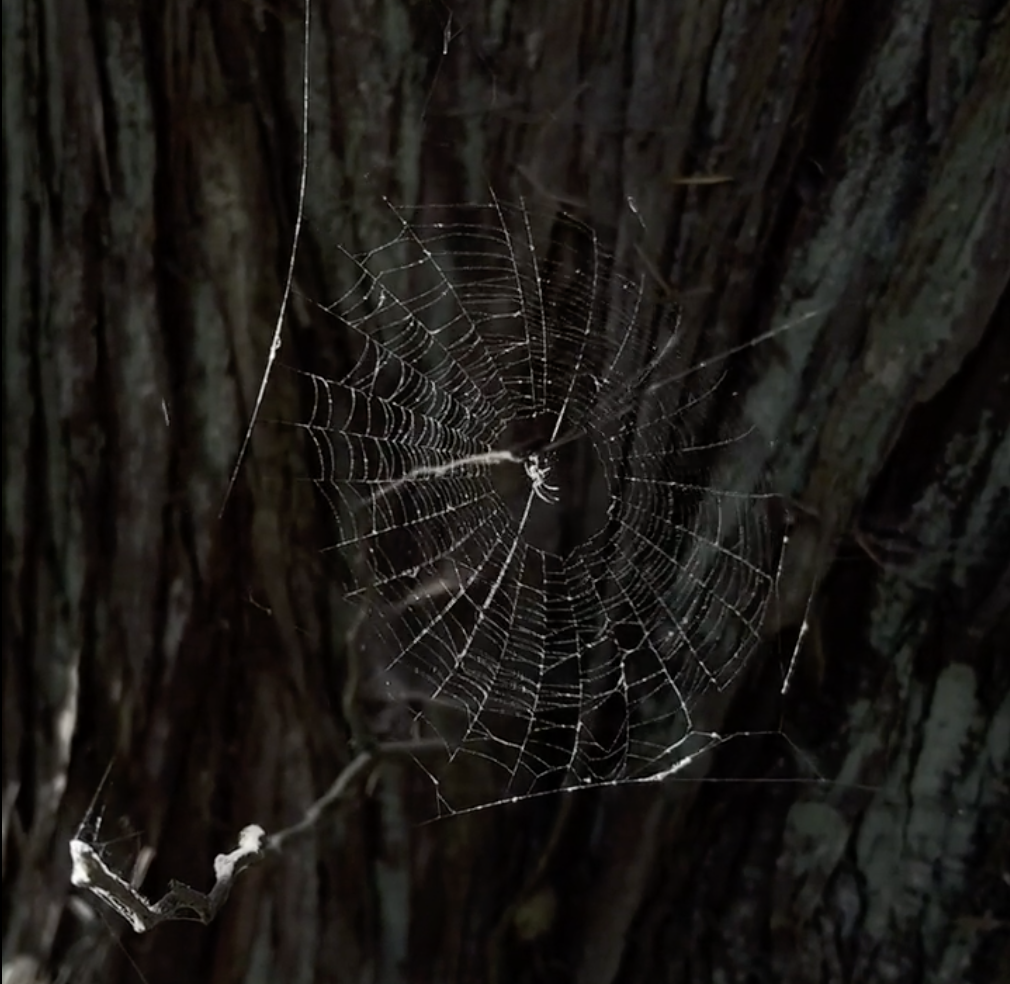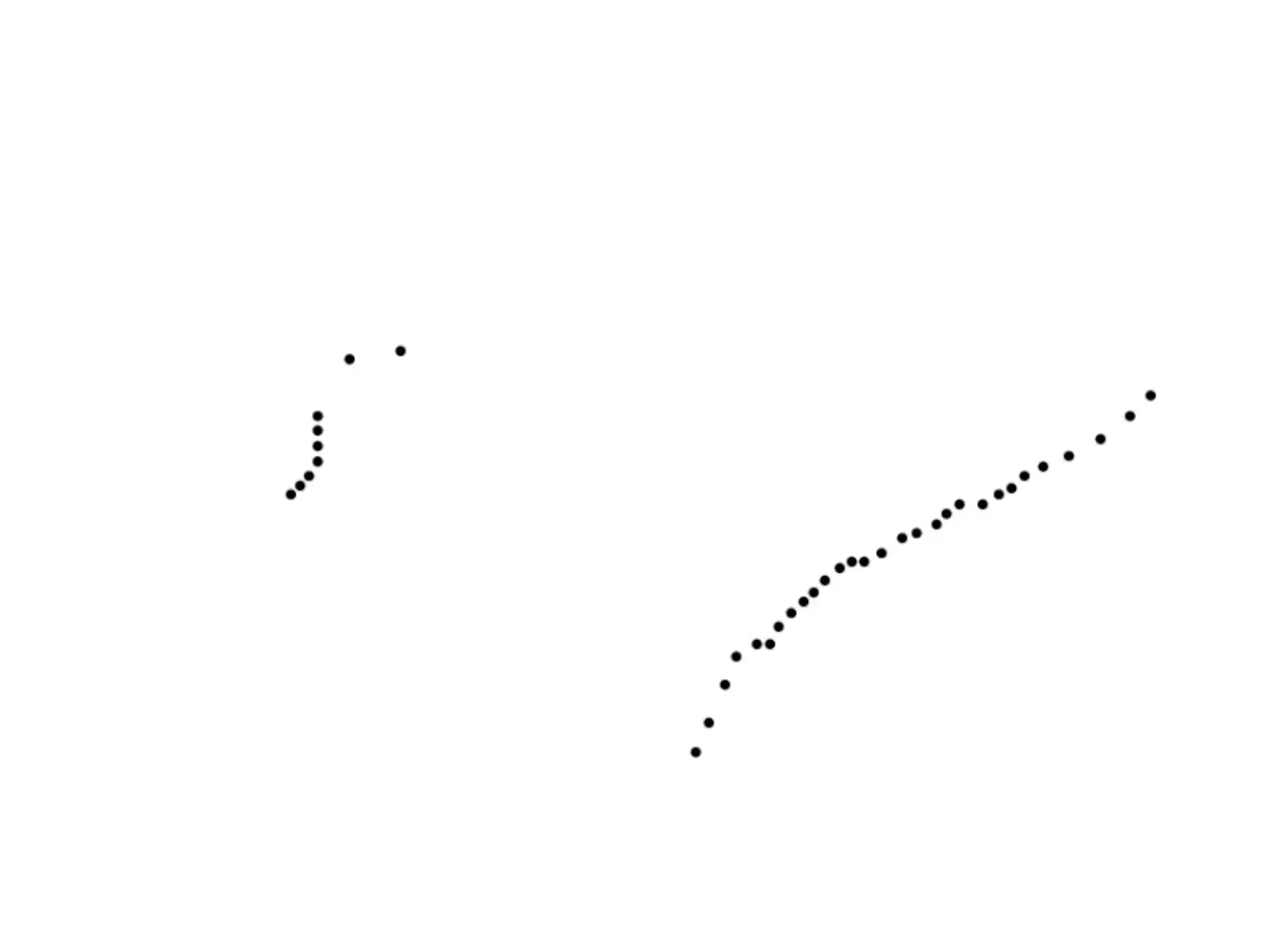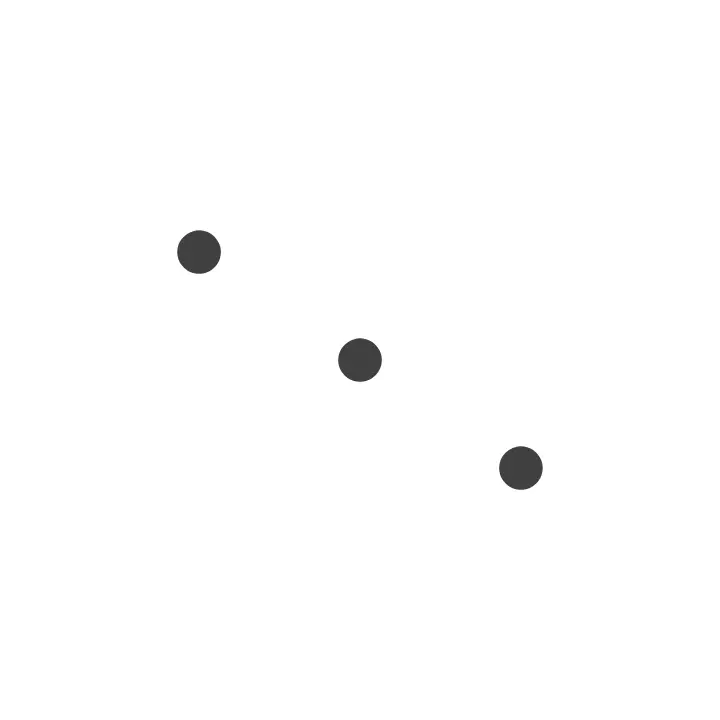1 of 2.
To write, I first must world
Over the decades I’ve been on the internet, I’ve admired bloggers.
It’s beautiful to write on one’s own platform about anything that interests you. Especially when that writing wouldn’t easily feel at home on a platform that already exists.
But I’ve never felt like a blogger myself. Why? Maybe because, despite admiring bloggers, I never felt like I would write about any of the same things they did, or in the same way, for whatever reason.
*
Somehow though, despite everything, I started blogging.
Over the past few years, I actually created a few different blogs. But I call them notebooks.
While easily overlooked, naming them “notebooks” is important. Traditionally a “notebook” is something you have multiple of — in the paper world, you often have different notebooks for different purposes. Whereas a “blog” feels like you have only one and it’s this monolithic thing. So inherently notebooks are less precious and more context-specific than blogs.
Going the notebook route allowed me to more easily write. In other words, I first created the world (the environment — feeling, constraints, audience, etc.), and then the writing came naturally.
*
This all circles back to a larger idea I’ve been thinking about, “world-building as self-care.” For those of us who feel different, who don’t easily fit into structures of this society or this world, we have to make our own structures, definitions, and taxonomies to feel at home — that is, to build our own world. And while others might be confused why we spend so much energy inventing new names and containers seemingly constantly, it’s important to remember doing this helps us simply exist — so that we can connect in this one world we share.

2 of 2.
Writing as sensory organ
Spiders think with their webs —
Spiders can tell from the vibrations what sort of insect they have caught, and hone in on it. There is a reason why the webs are radial, and the spider plants itself at the convergence of the radii. The strands are an extension of its nervous system.
— Neal Stephenson ⋱ Omar Rizwan ⋱ Devon Zuegel
In other words, you could say spiders’ webs are extensions of their minds.
*
Where does the mind end and the world begin, anyway?
The “Extended Mind Thesis,” originally established by philosopher and cognitive scientists Andy Clark and David Chalmers in 1998, shares that the mind does not exclusively reside in the brain, or even the body, but extends beyond and into the physical world.
For instance, let’s say you have an important notebook. Inside this notebook, you write down valuable information that you rely on regularly. If you lose this notebook, according to this theory, you’re actually losing part of your mind.
The mind doesn’t stop where the world begins, but extends into and through it. With notebooks and phones and other forms of technology, we place our mind into the world more and more, decentralizing it.
*
Sometimes I like thinking of myself as a spider.
While spiders don’t write or publish (well, besides Charlotte in Charlotte’s Web), they do carefully build webs and wait patiently within their centers, open to vibrations. So when I decide to write, I’m like a spider — open to vibrations.
Writing as we often understand it (solitary, at the keyboard) might be one part of a larger, more expansive cycle. Writing is an entire process, much of it enmeshed in the world and activated through lived research of all kinds. Spiders’ webs are extensions of their minds, acting as an expanded sensory organ. Likewise, writing is a way of extending our perception and connection to the universe. Writing is webbing — in the world.
The beginning of writing happens in the world. It starts with vibrations. Sometimes it's first drafted in the air, like when we have a useful chat with someone, helping us map out the contours of an idea. We can publish something ephemerally for a moment, starting the process.
Vibrations can also be things we’re curious about; things we happen to notice over and over. Or maybe it's something special we've only noticed once, and by noting it down we're taking a picture, wondering if it will happen again. Vibrations are a clue that we are beginning the process of catching a delicious bug in our web.

